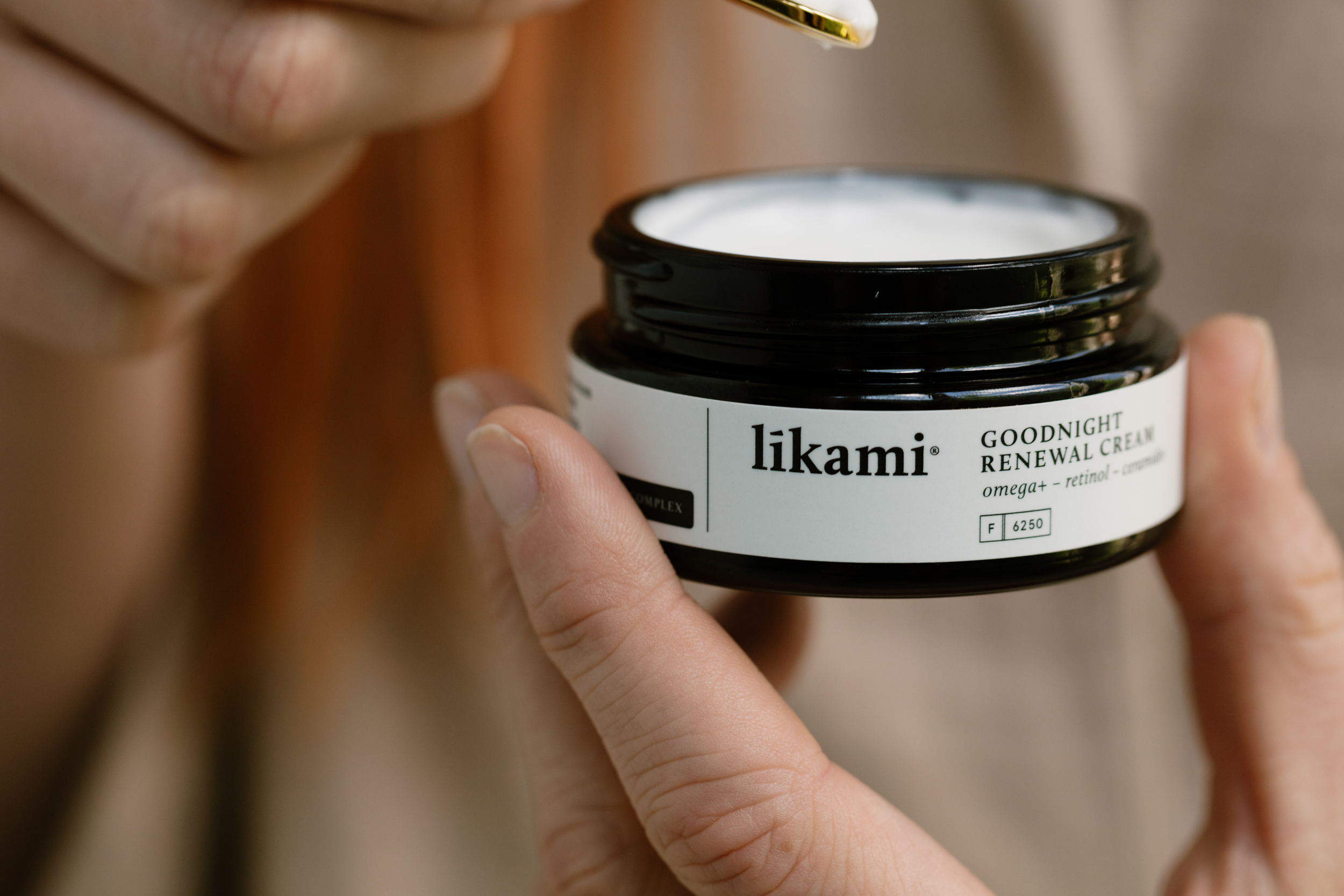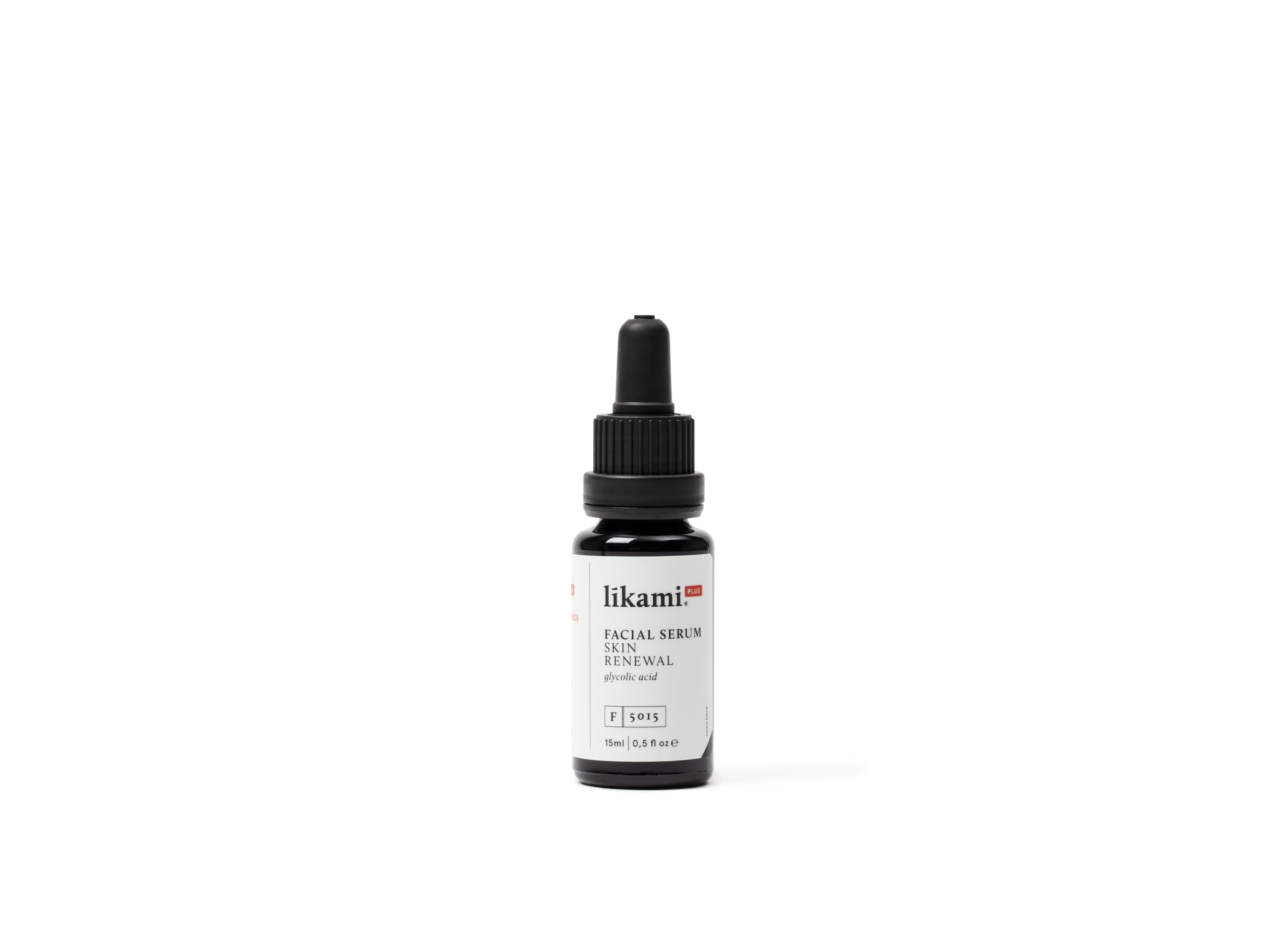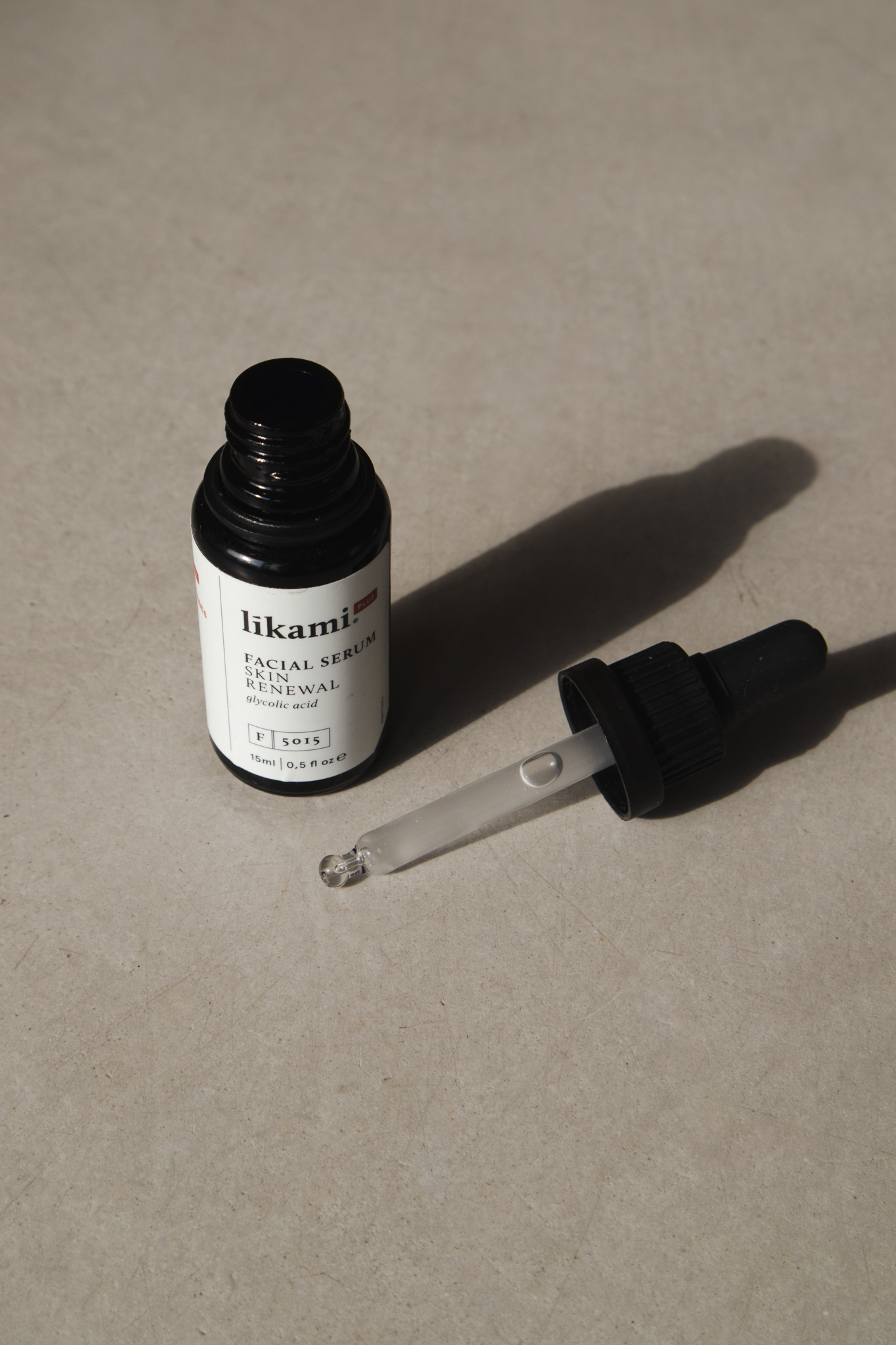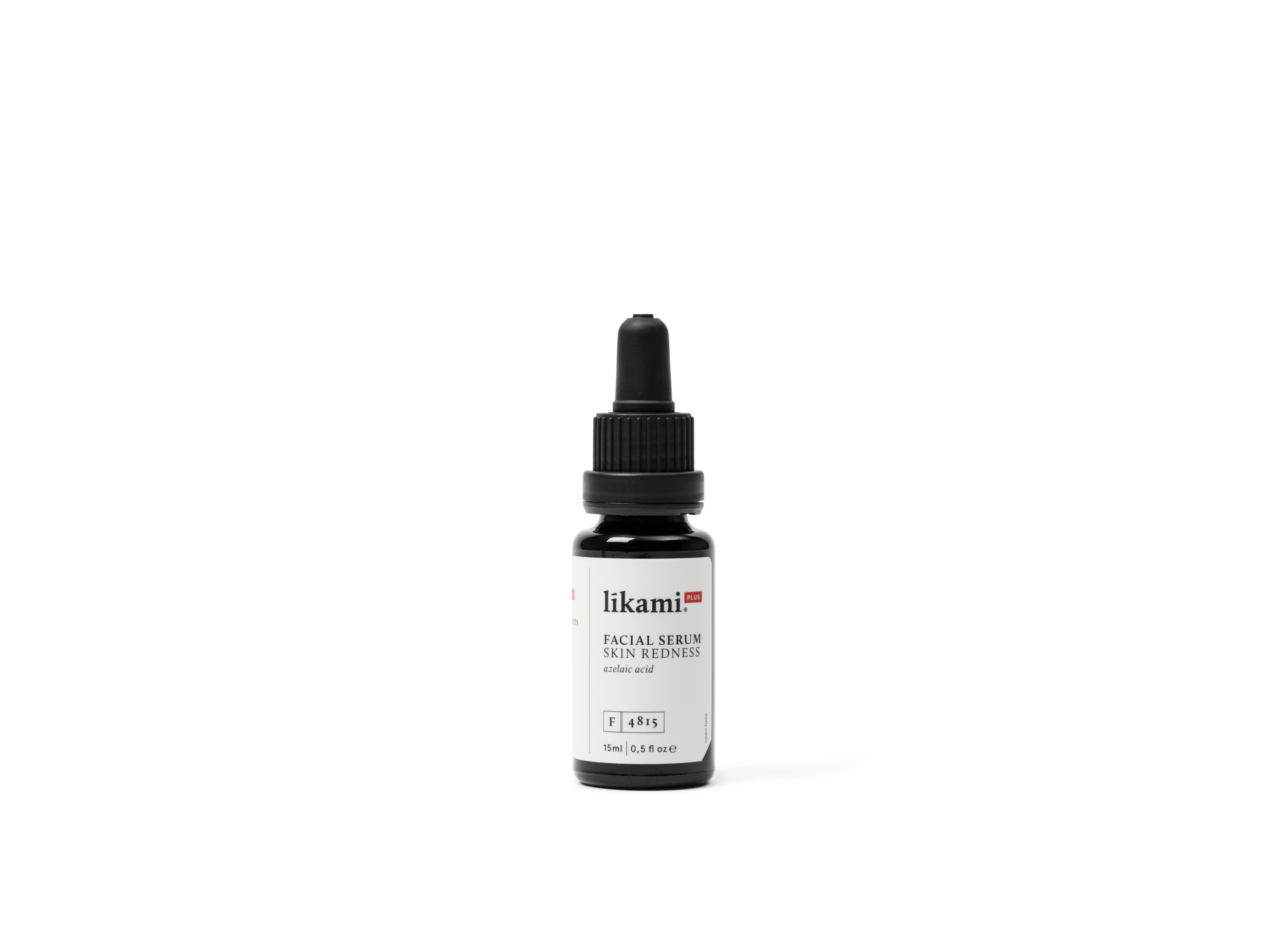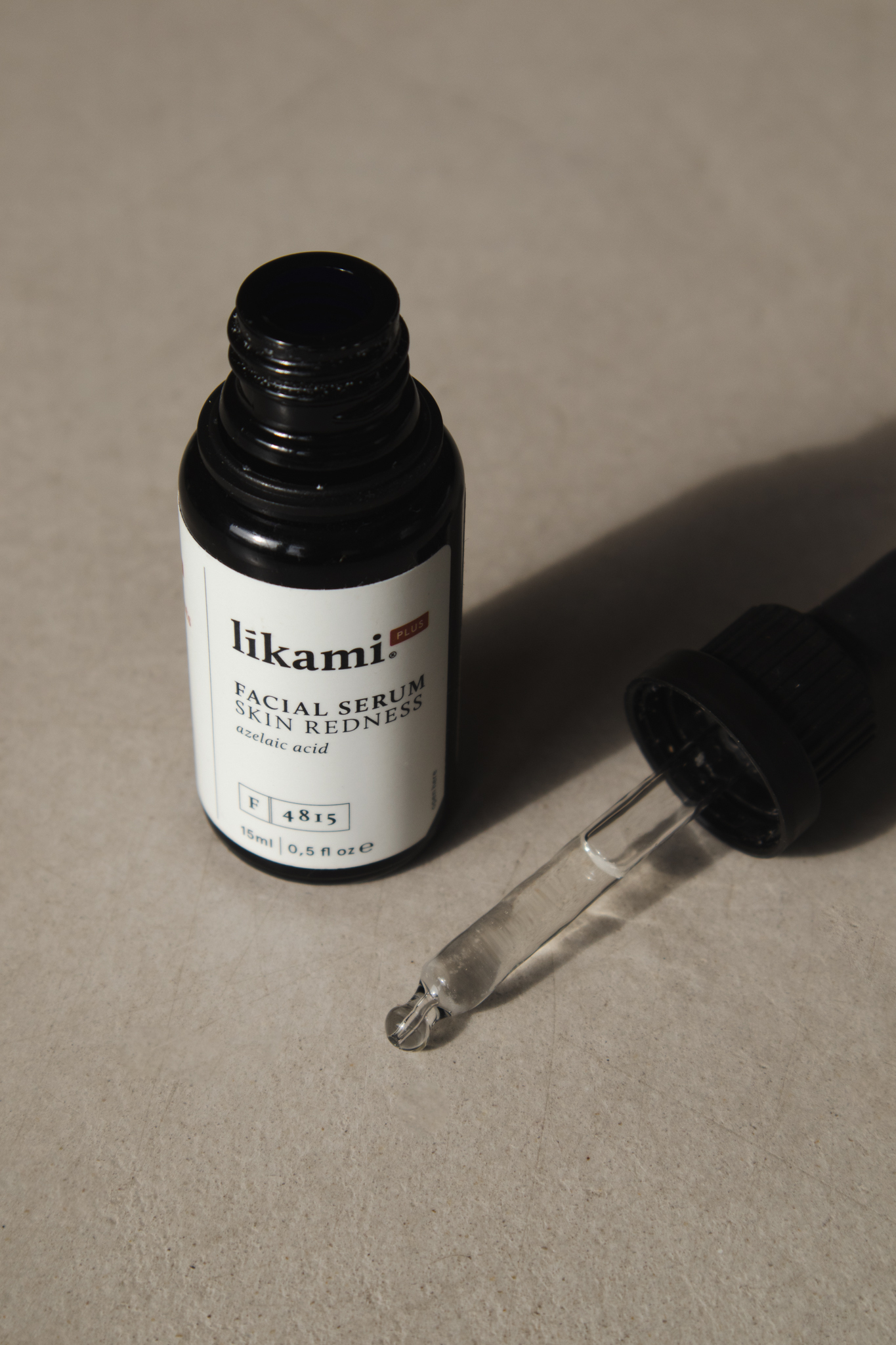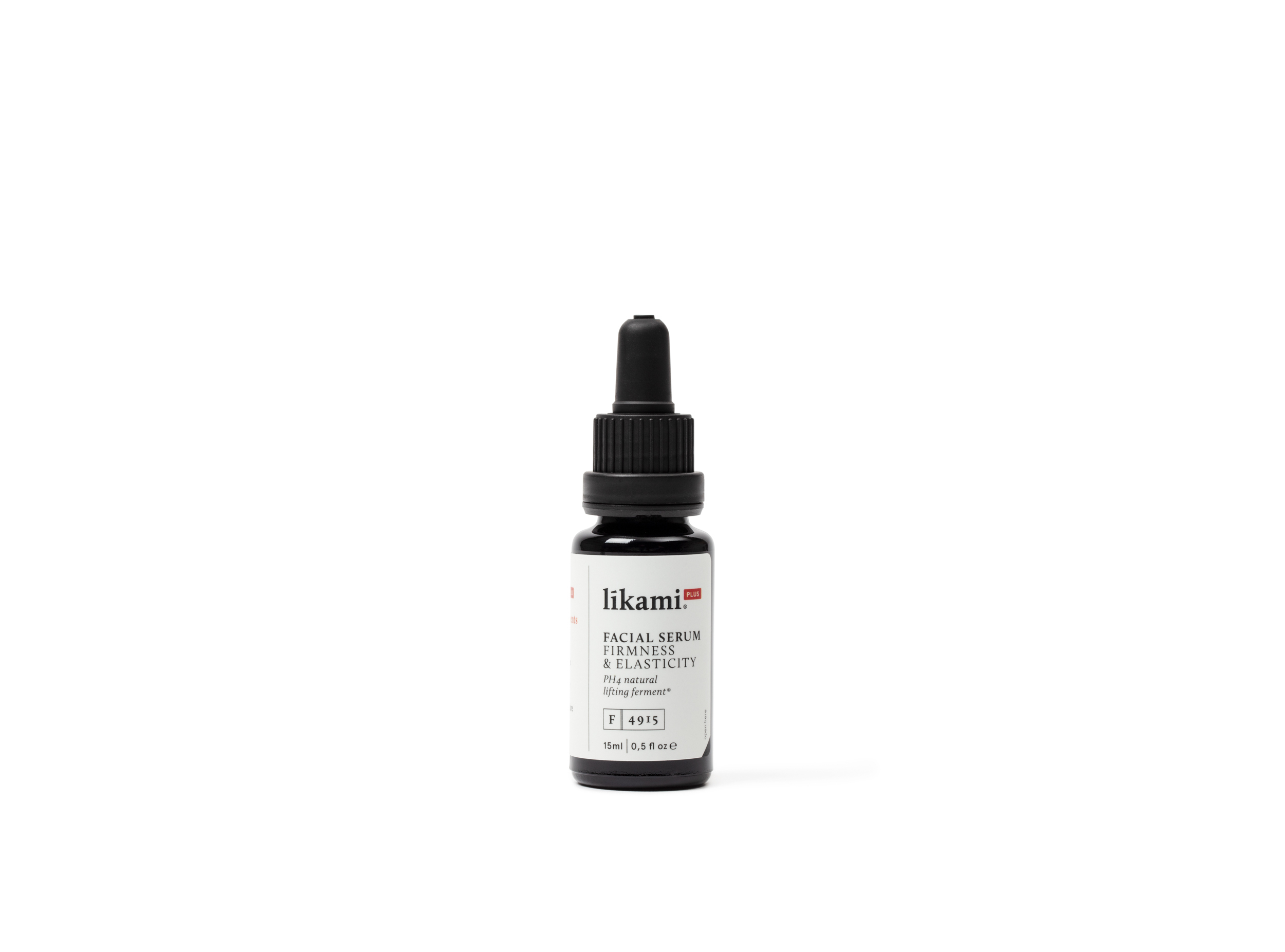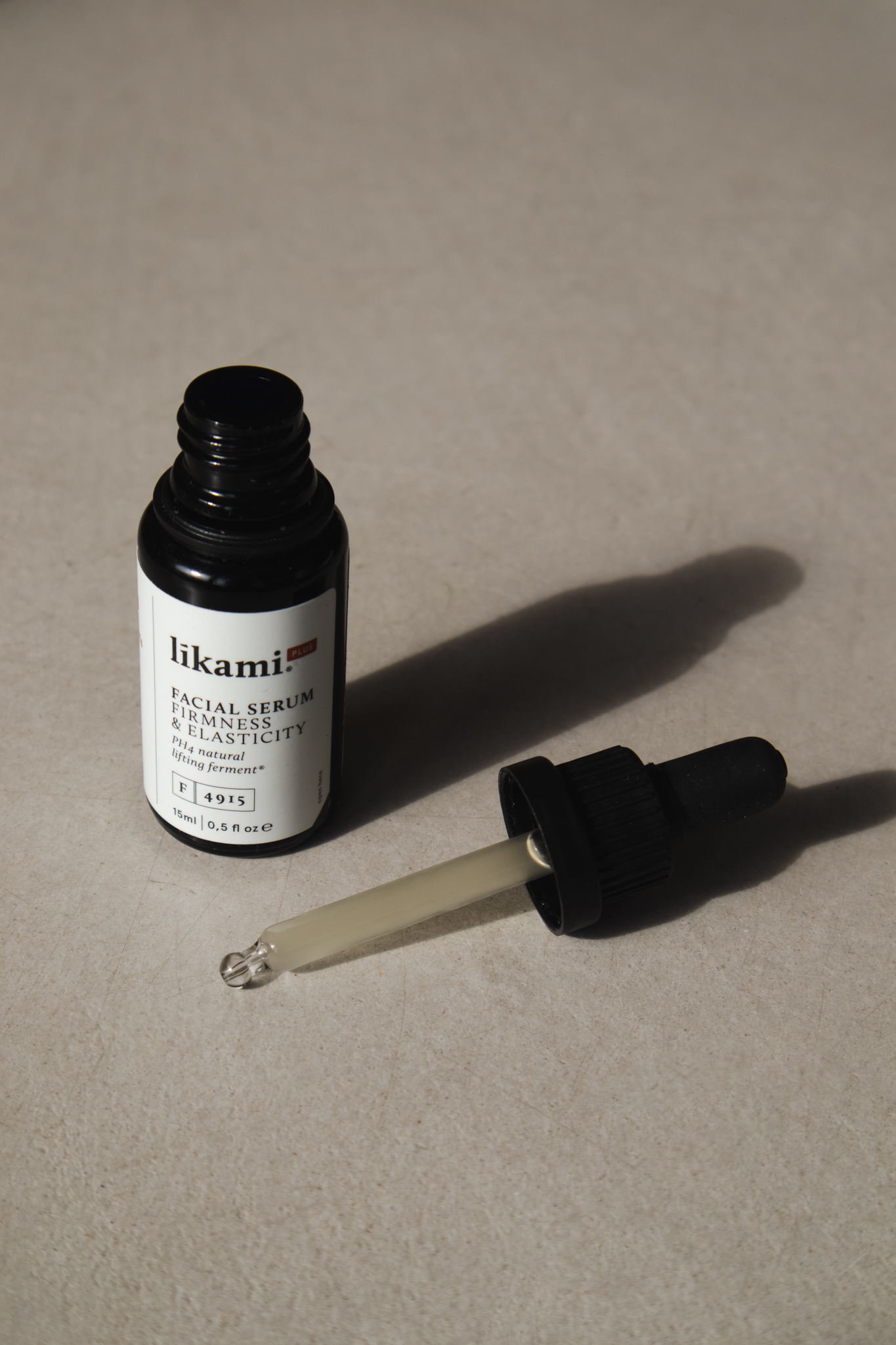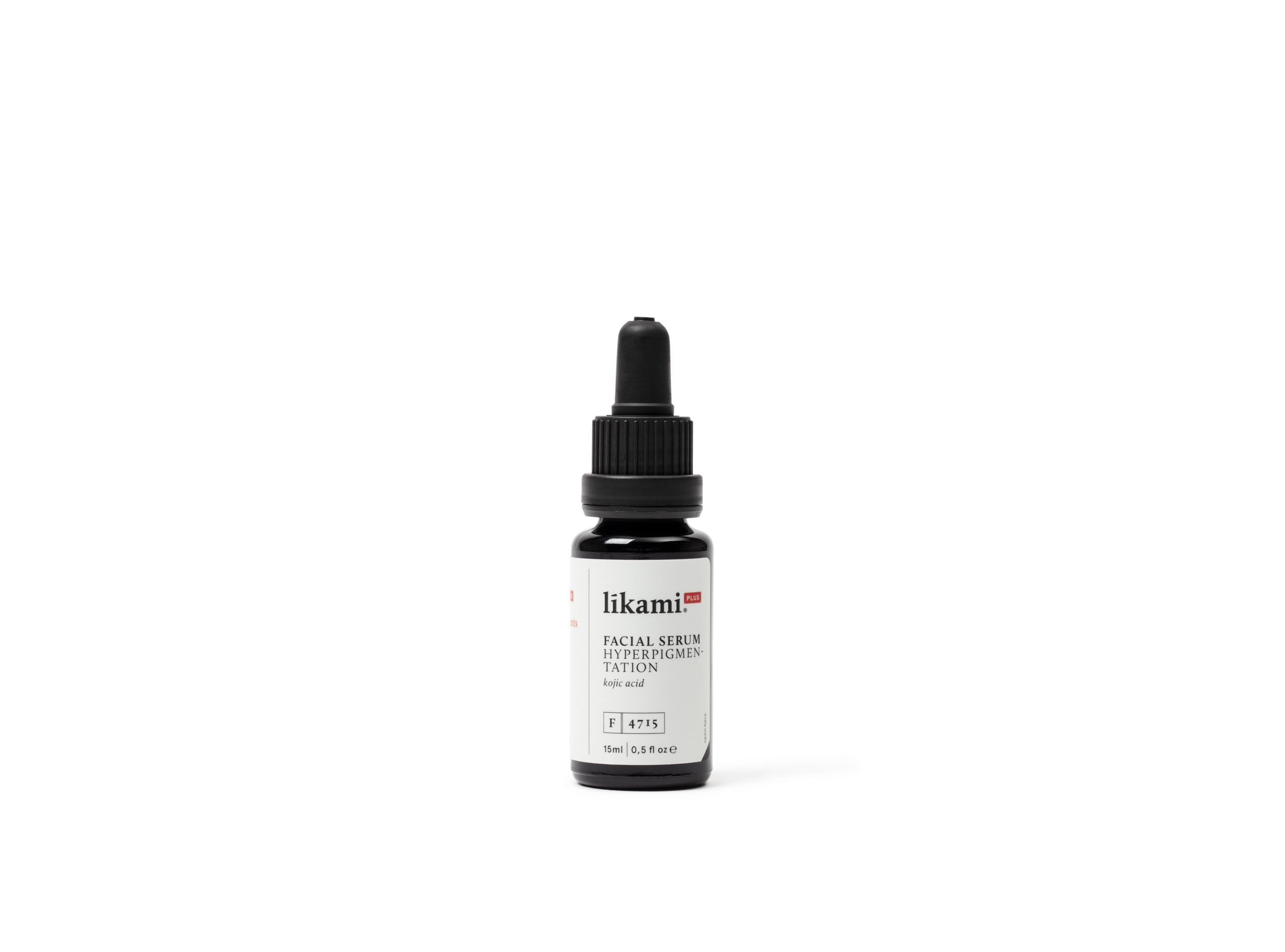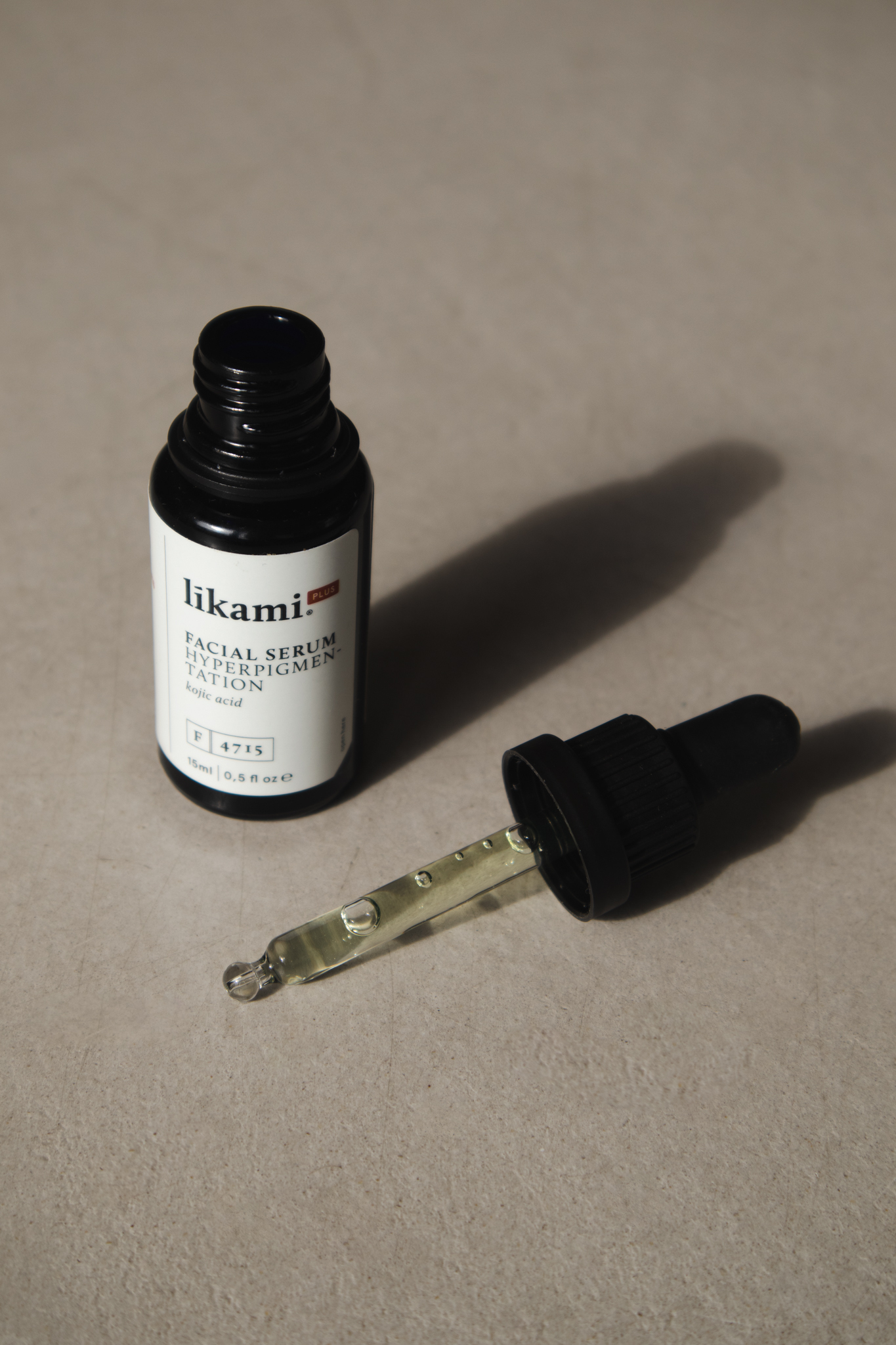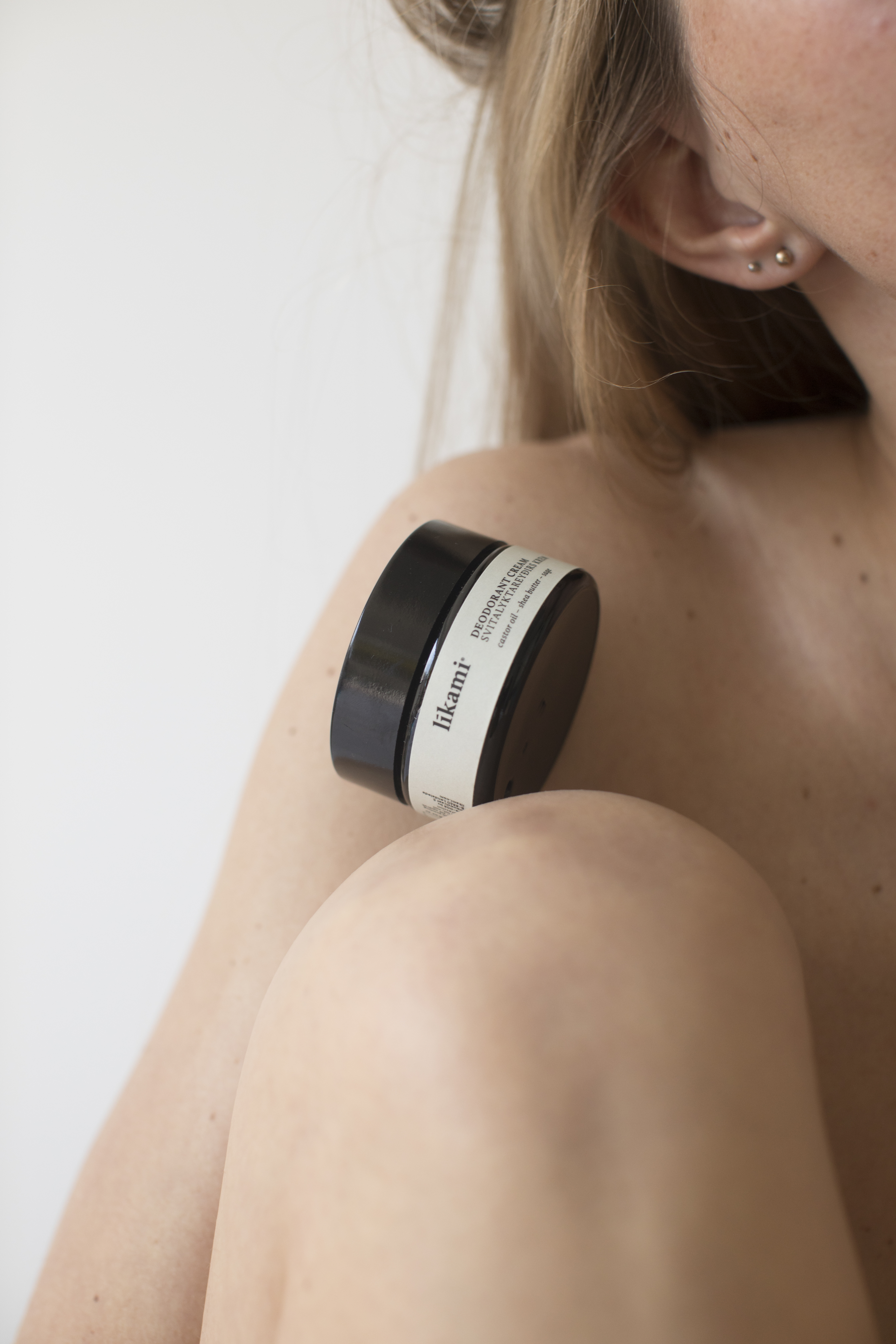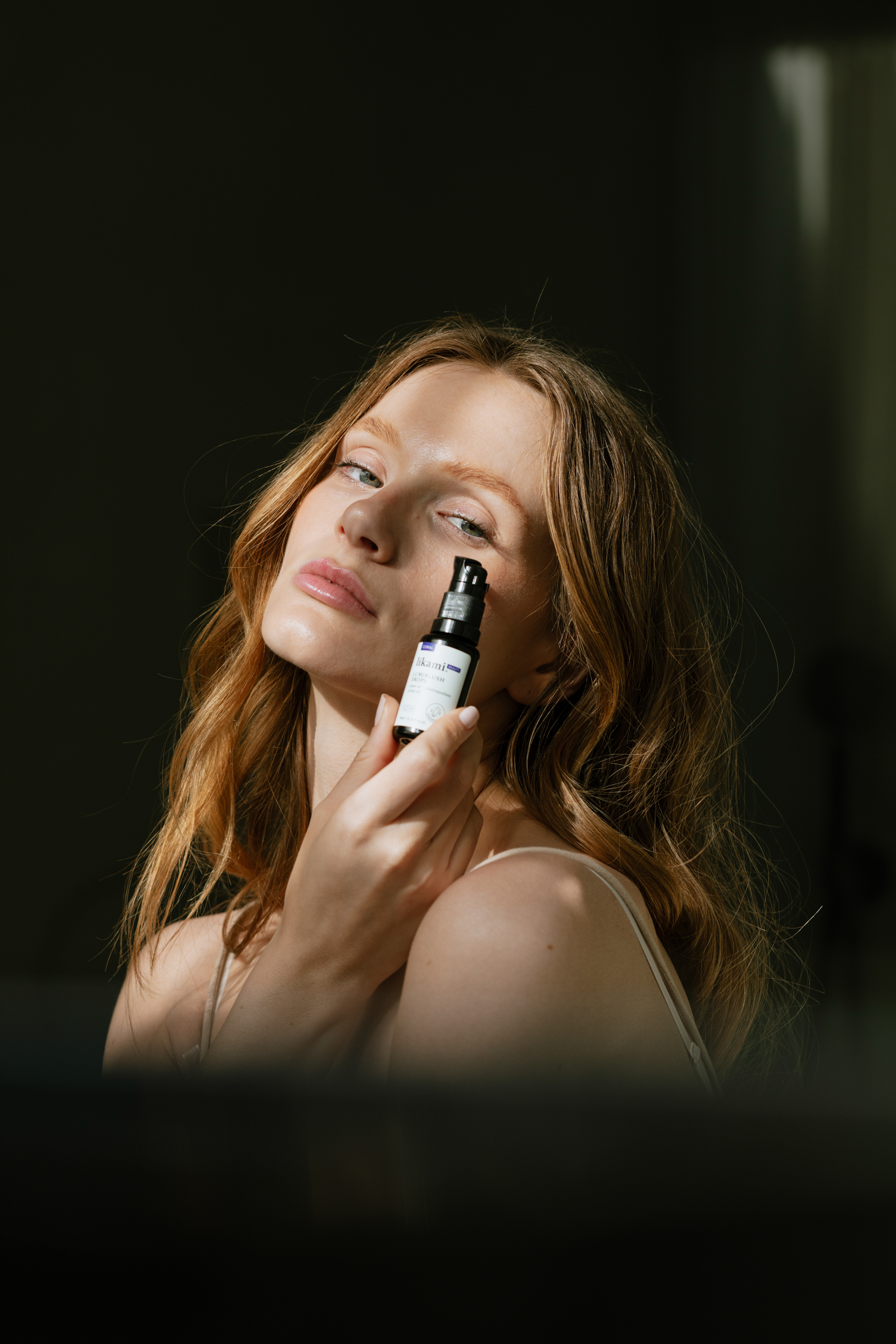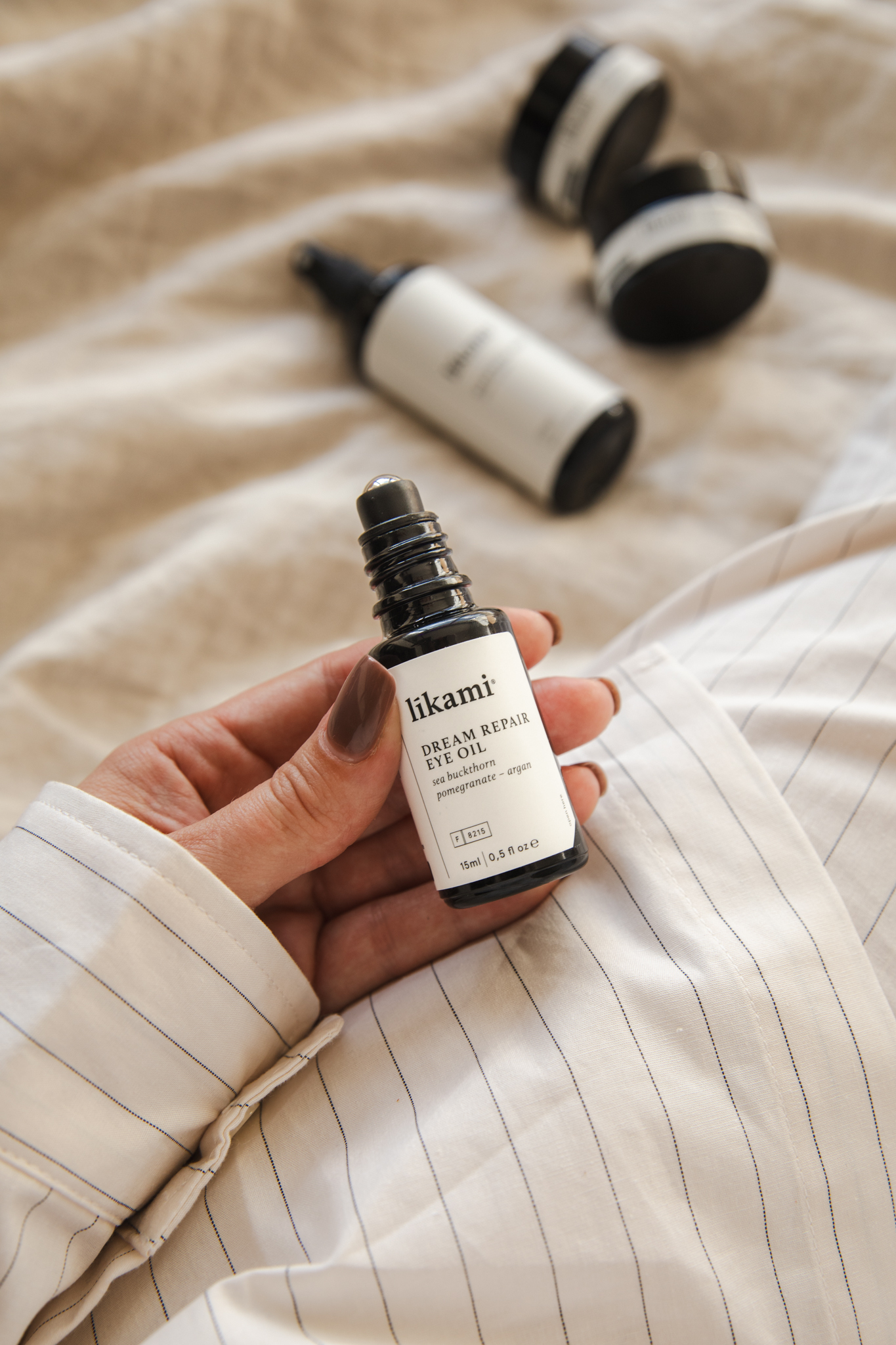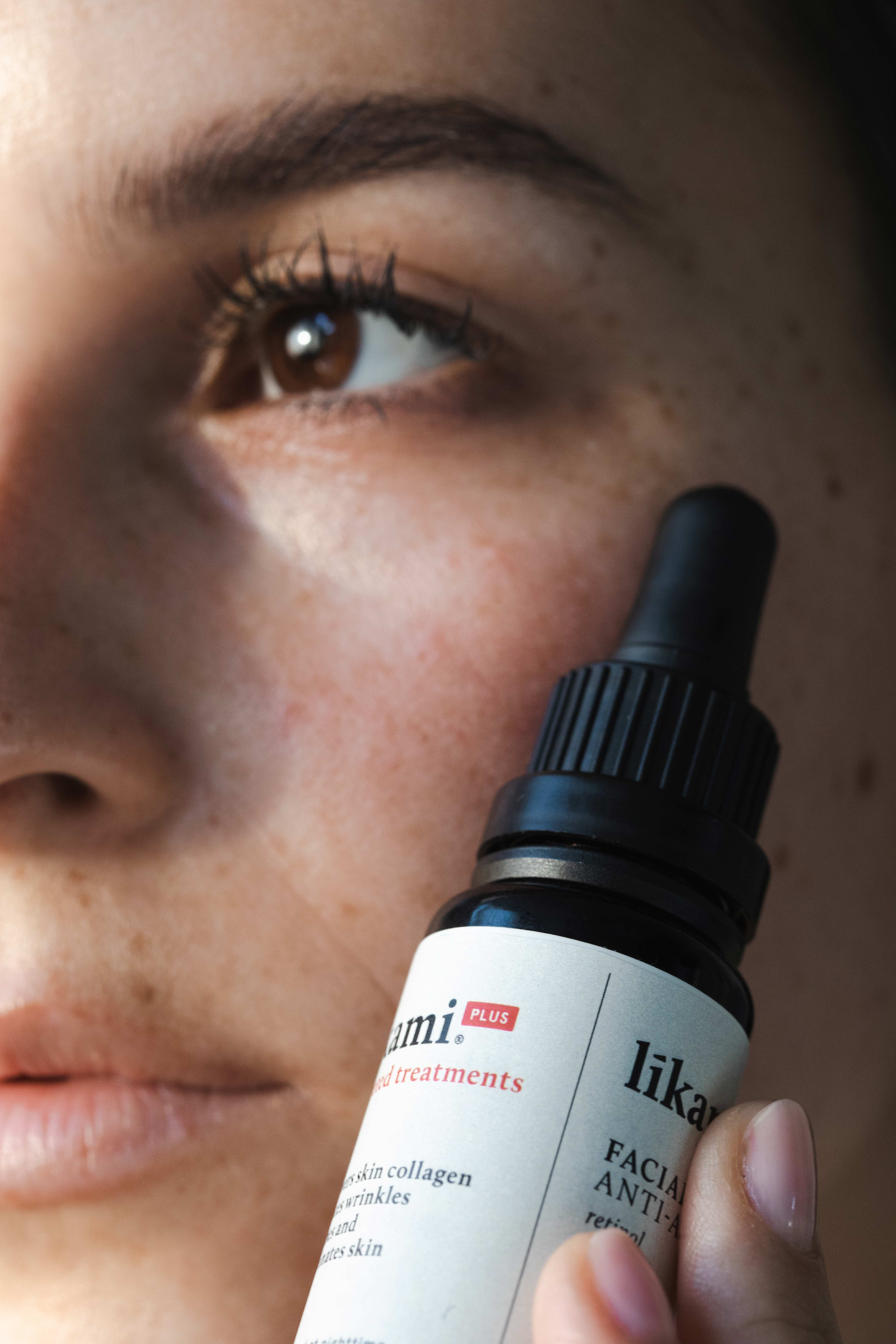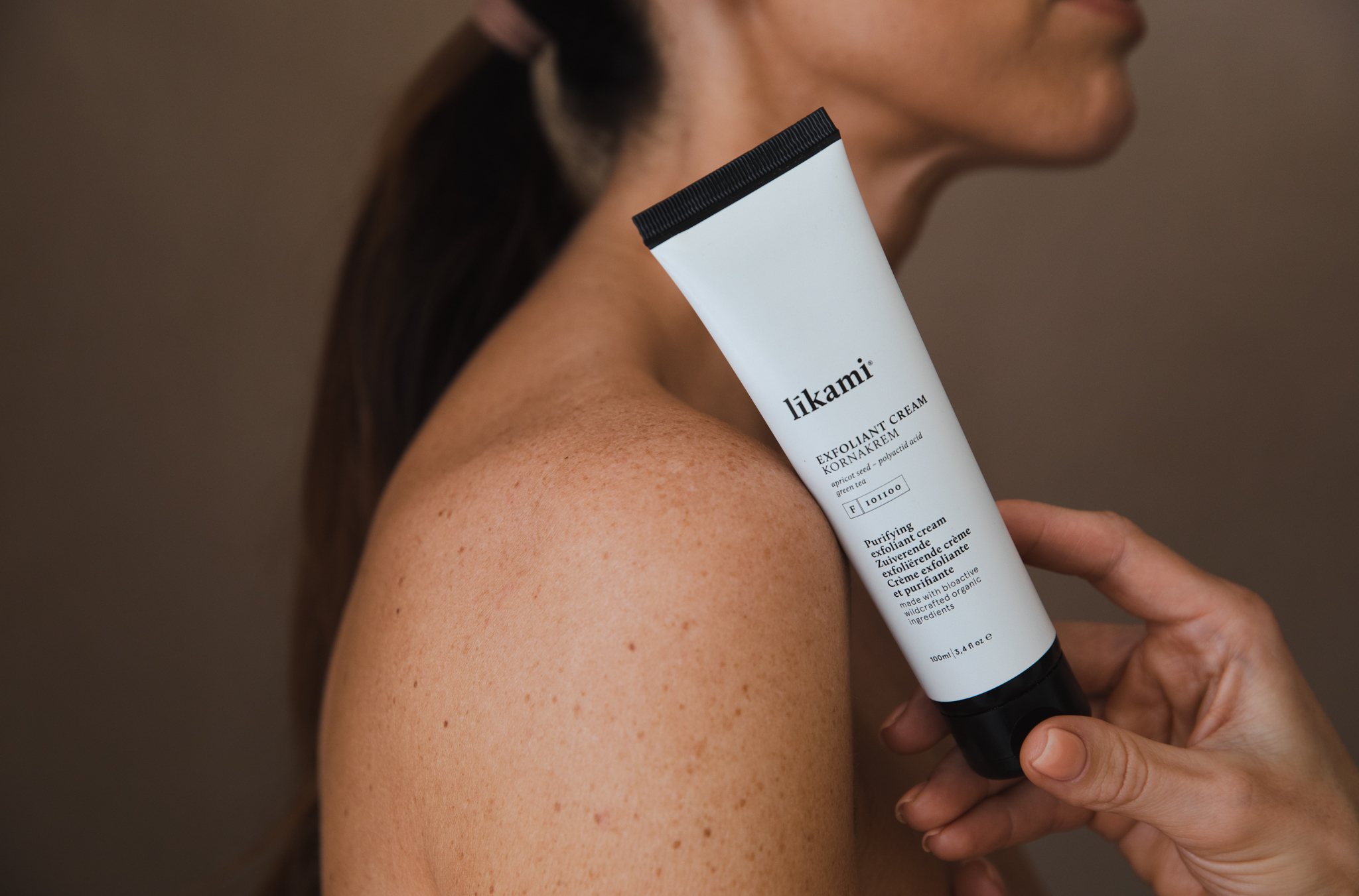
Exfoliation: Physical or Chemical?
Exfoliation has always been a thing. Ancient Egyptians kept their skin glowing and supple by sloughing off dead skin using abrasive ingredients such as pumice stone, salt, and sand. Cleopatra of Egypt's milk baths were also credited to help exfoliate her skin, thanks to one ingredient in milk - lactic acid. Exfoliation is the removal of dead and dull cells from the skin, to reveal radiant and fresher looking skin. Ingredients used during the process are known as "Exfoliants" or "Exfoliators." Exfoliation can be carried out using either physical or chemical methods.
Why is Exfoliation important?
Exfoliating your skin has immense benefits. Below are some reasons why you should do it often;
- It removes excess oil, dirt, grime, and dead skin cells.
- It prevents acne by unclogging pores.
- It enhances the texture of the skin.
- It eliminates the top layer of the skin to impart a healthy glow.
- It enhances cell turnover for more vibrant skin.
- It improves the effectiveness of beauty products by speeding up the absorption of active ingredients.
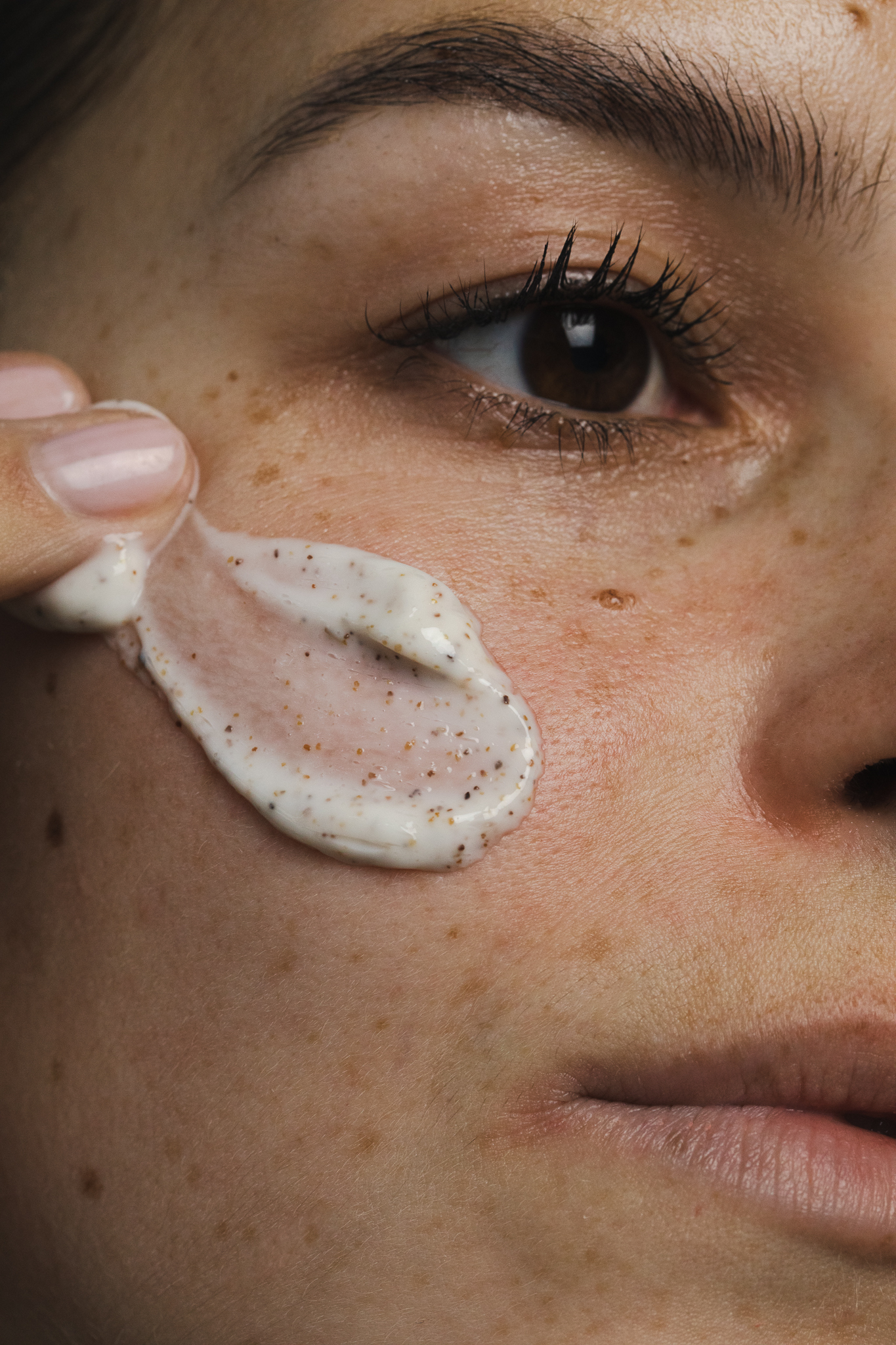
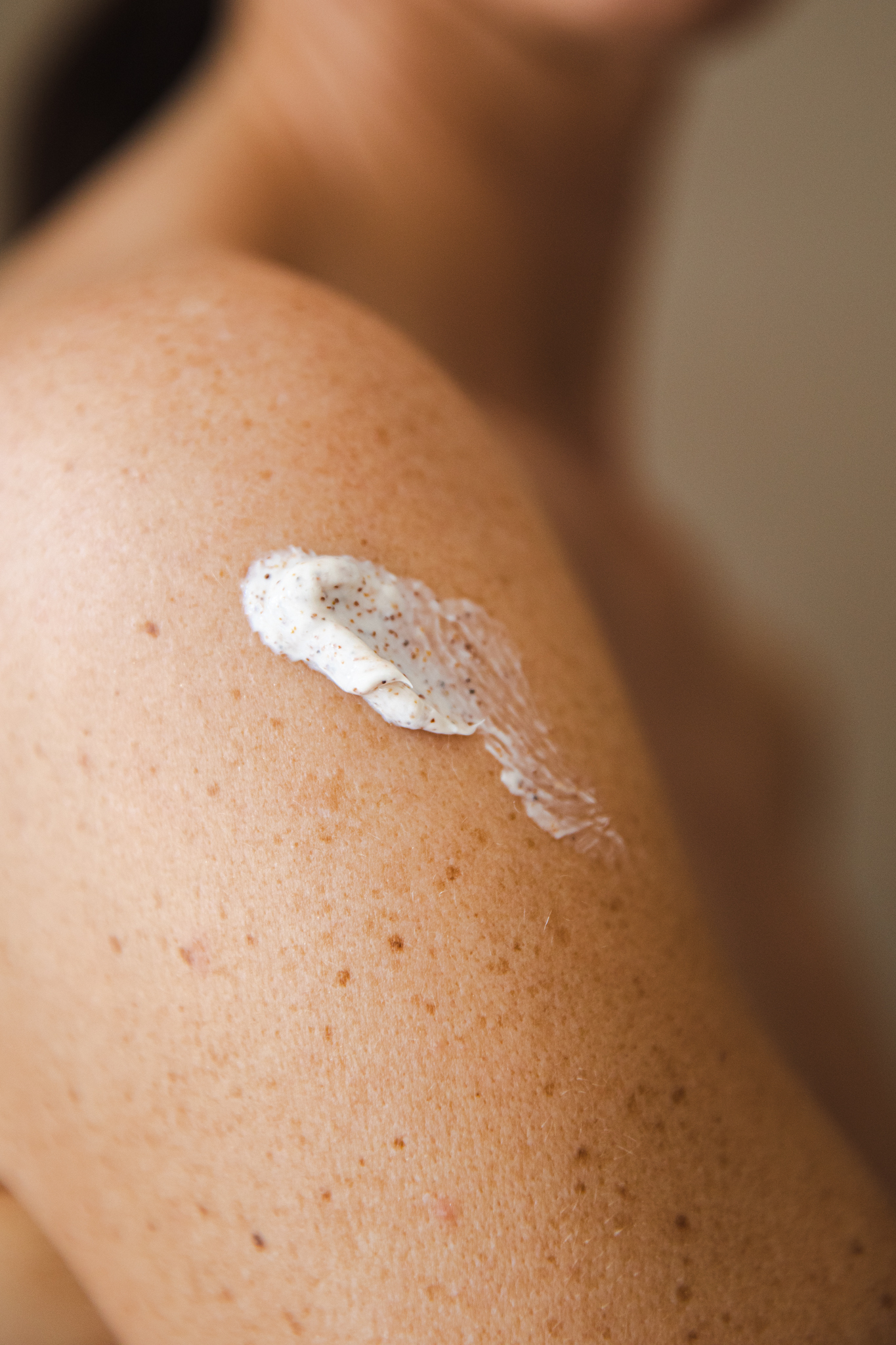
Chemical Exfoliation
In chemical exfoliation, active ingredients are responsible for the removal of dead skin cells. Chemical exfoliants penetrate deeply into the skin cells and break the protein bonds that glue the skin cells together.
After dissolving the dead skin cells, the cells are lifted to the surface of the skin before they are washed off. This type of exfoliation is great for brightening the skin, fading scars, and promoting even skin tone.
Common types of chemical Exfoliators are;
- Alpha Hydroxy Acids (AHA) e.g lactic acid, glycolic acid, phytic, and mandelic acid.
- Beta Hydroxy Acids (BHA) e.g salicylic acid and azelaic acid.
- Poly Hydroxy Acids (PHA) e.g gluconolactone and lactobionic acid.
- Proteolytic Enzymes e.g bromelain, papain, pomegranate, and pumpkin enzyme.
Chemical Exfoliation is great for the skin but it has its downsides; redness, burns, dryness, itchiness, and photosensitivity, especially when used wrongly.
It is recommended to use sunscreen religiously while adopting chemical exfoliants into your skincare regimen.
Physical Exfoliation
Physical Exfoliation, also known as mechanical exfoliation, utilizes abrasive particles or manual tools to get rid of old, tired skin cells from the surface of the skin.
Common types of physical exfoliation are;
- Manual tools e.g. washcloths, loofah, pumice stone, brushes, and turbocharged brushes.
- Abrasive particles e.g. salt, sugar, walnut shell, apricot shell, poppy seeds, coffee grounds, and jojoba beads.
- Dermaplaning and microdermabrasion.
Physical Exfoliation is great for instant results such as smoothening and softening of the skin but it can be quite aggressive, resulting in micro-tears and excess production of oil.
Physical vs. Chemical Exfoliation: Which is Better?
When it comes to exfoliation, no method is better because both physical and chemical exfoliation offers unique benefits.
However, you can compare their benefits and choose which one is best suited for your skin.
- Faster results: Physical exfoliants offer softness and suppleness that can be felt within minutes of use while chemical exfoliation takes time to reveal visible results.
- Skin type: Physical exfoliants can be quite aggressive and may disrupt the skin barrier of different skin types, especially sensitive skin, while chemical exfoliants, when used correctly are safer, gentle, and more skin-friendly.
- Skin Luminosity: Manual exfoliation boosts blood circulation thereby leaving your skin glowing and vibrant, while chemical exfoliants are superb for overall brightening of the skin and eliminating dark spots to reveal luminous skin.
- Ease-of-use: Chemical exfoliants require special care during and after use to prevent certain skin concerns such as redness and post Inflammatory hyperpigmentation. Physical exfoliants can be used safely at home.
- Extra perks: While physical exfoliation works more on the surface of the skin, chemical peels penetrate the skin cells to boost collagen formation, hydrate the skin, control acne, and keep melanin production in check.
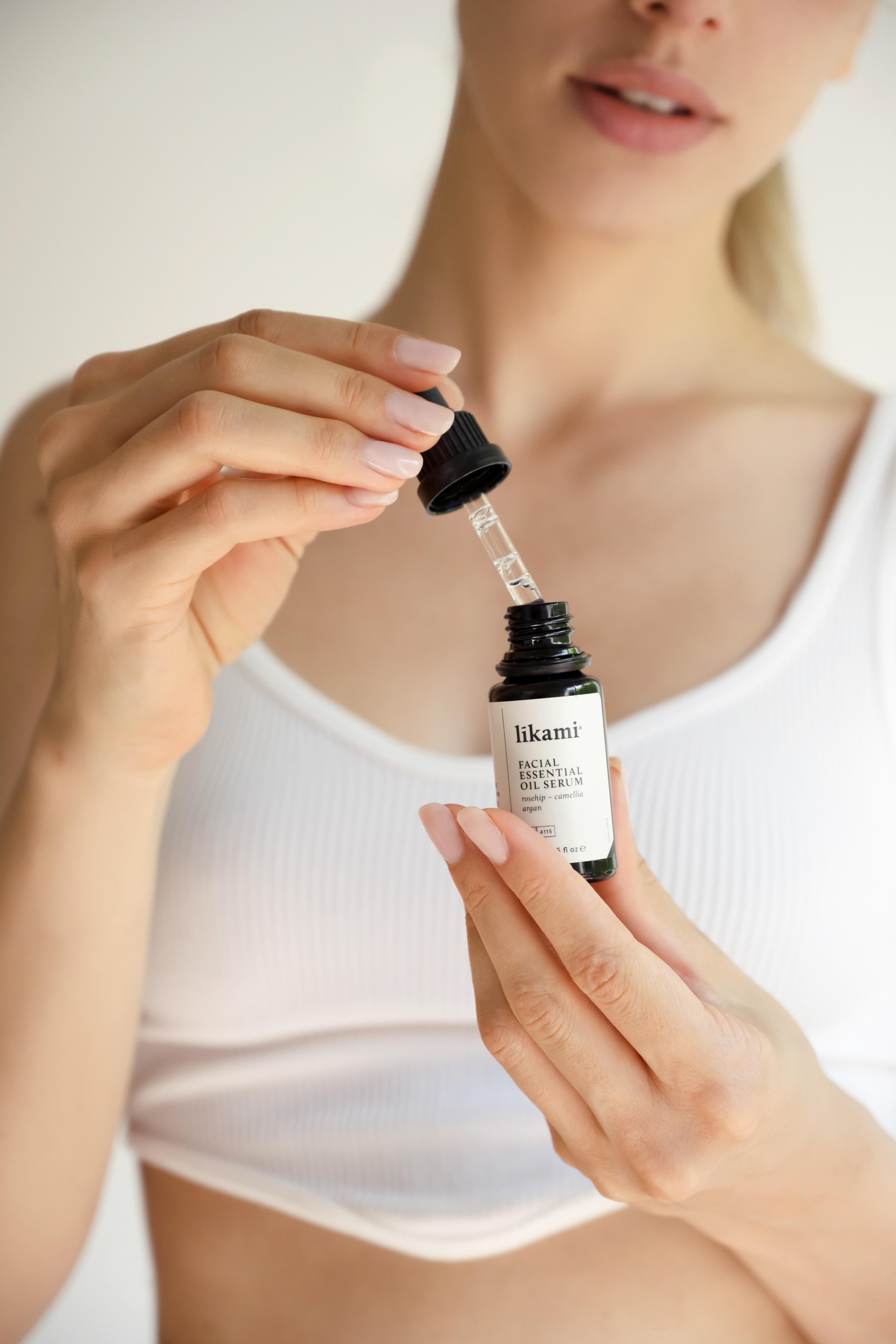
Which exfoliation products are suitable for me?
As a rule of thumb, when starting with exfoliants, you have to go slow and easy.
If you're dealing with a wide range of skin conditions that you want to address, you can begin with a soothing physical scrub such as the Face Exfoliant Cream which has gentle apricot seeds and polylactic acid. This product rejuvenates and re-energizes the skin.
If you want a product that is strictly chemical-peel based, we recommend Facial Serum Skin Renewal with Glycolic Acid, Facial Serum Skin Redness with Azelaic acid, Facial Serum Firmness Elasticity, or Facial Serum Hyperpigmentation both containing Phytic acid.
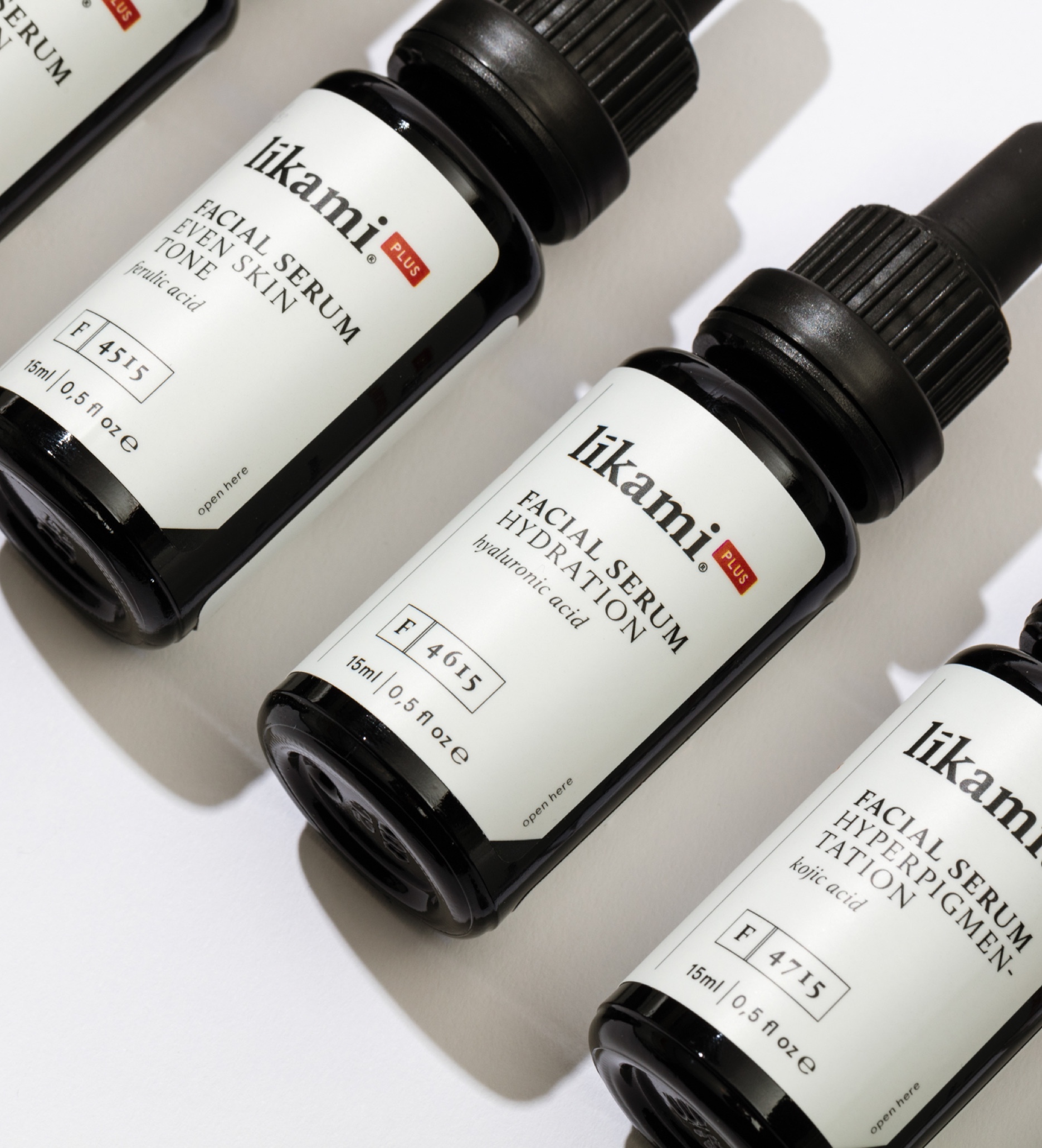
Chemical-peel based products
Keep on reading

Subscribe to our newsletter
and receive 10% discount on your next order.
